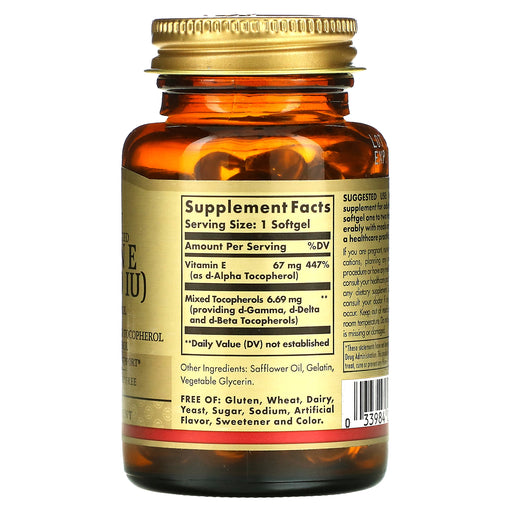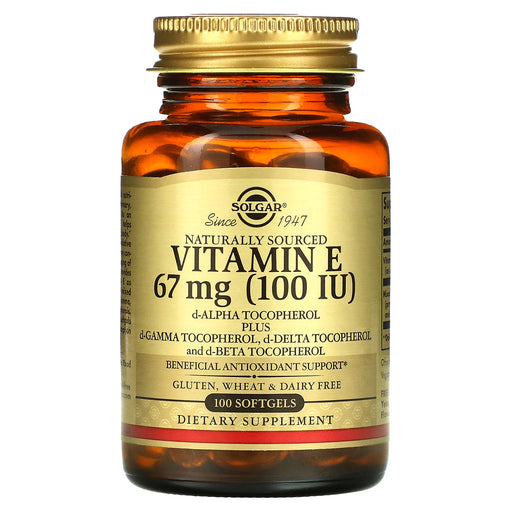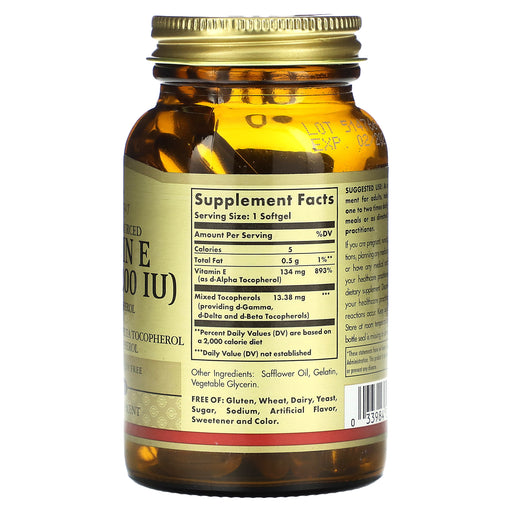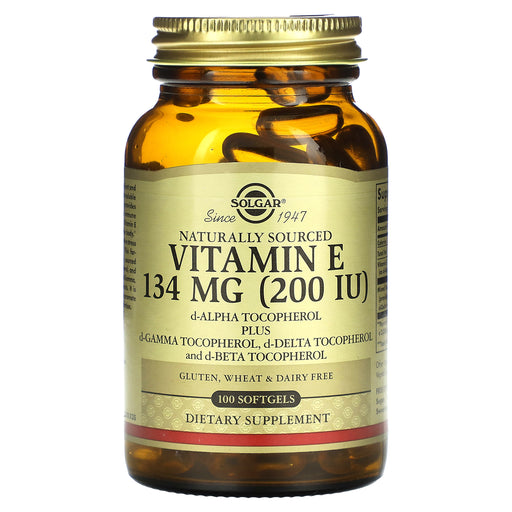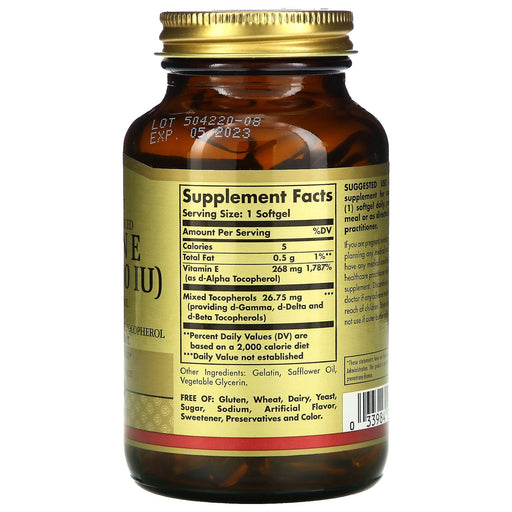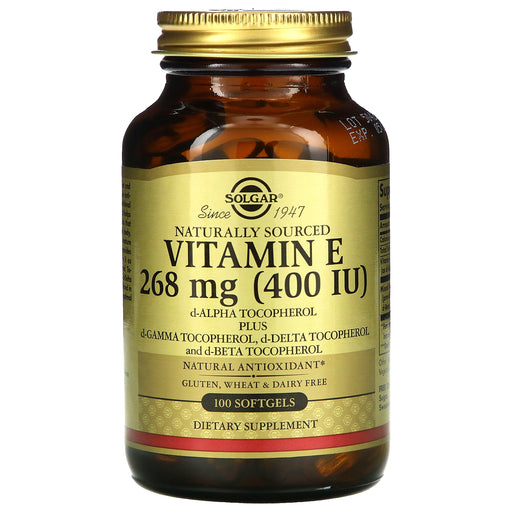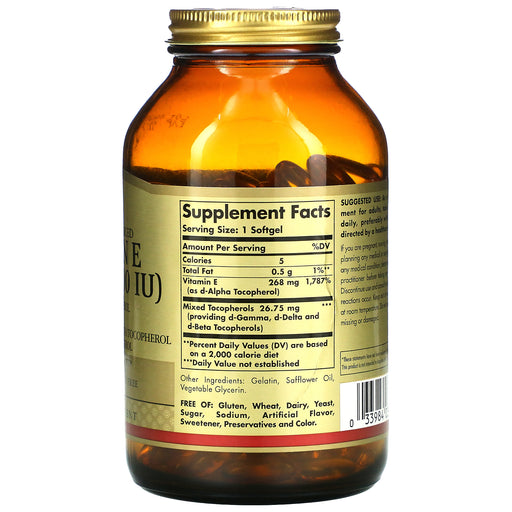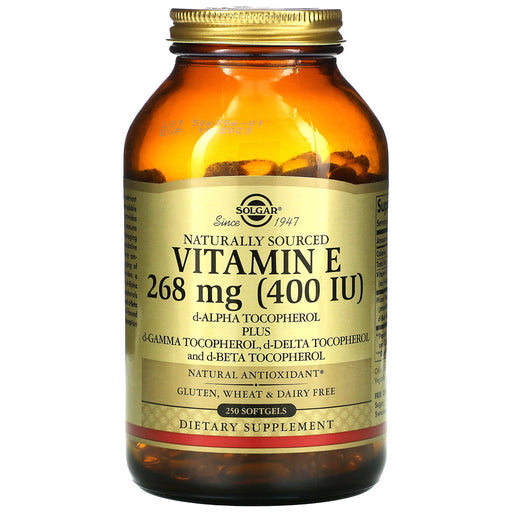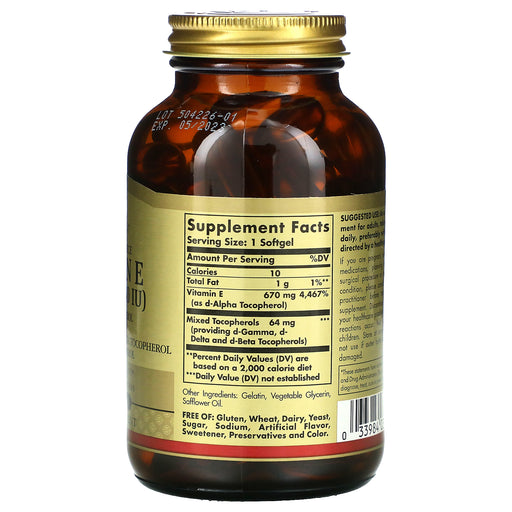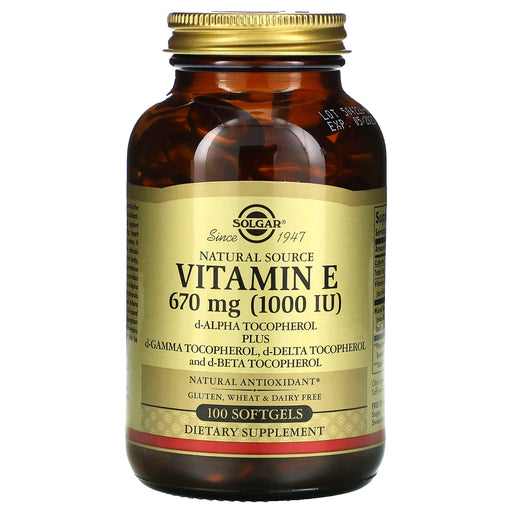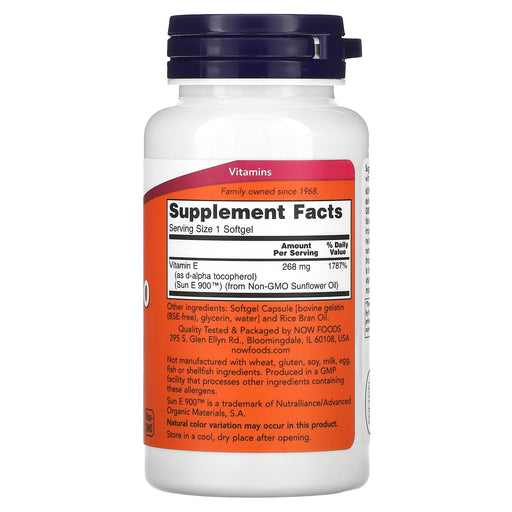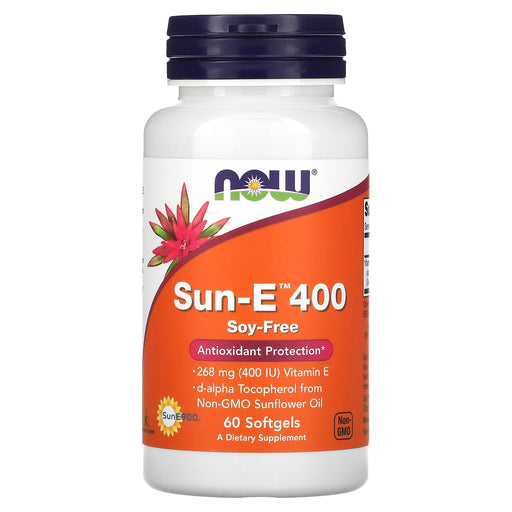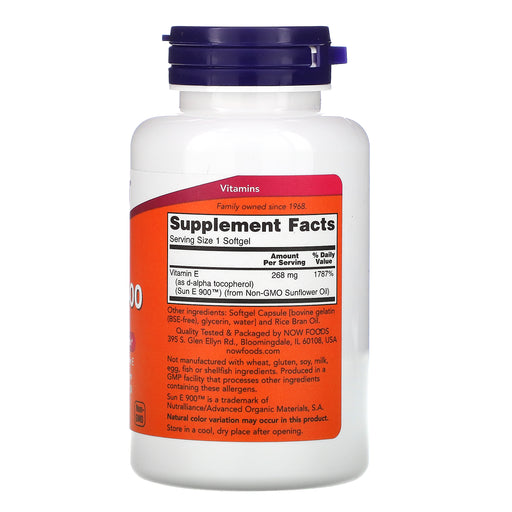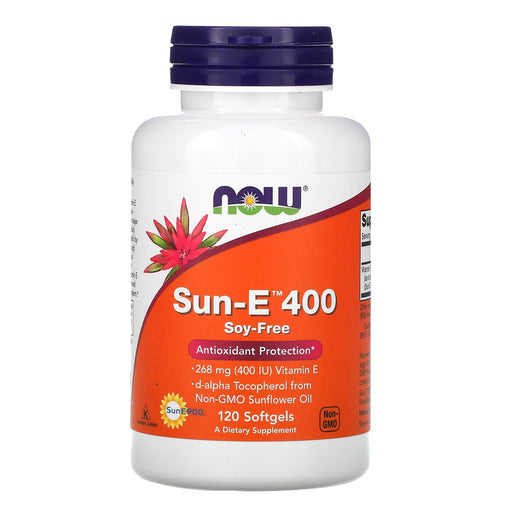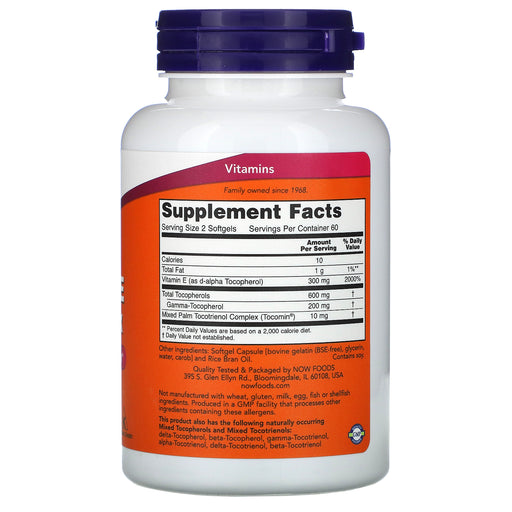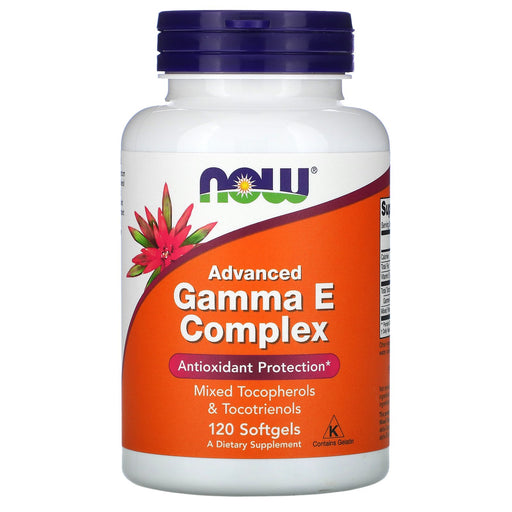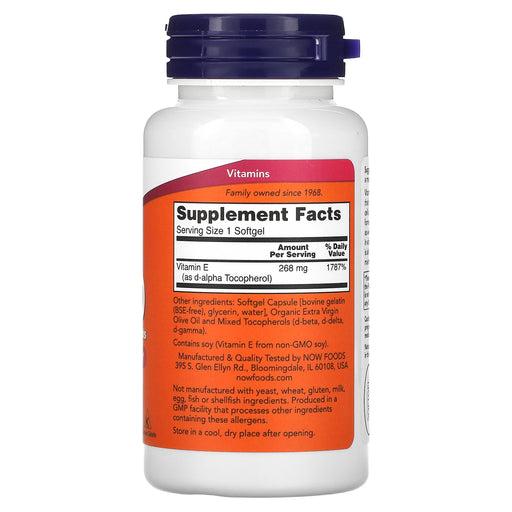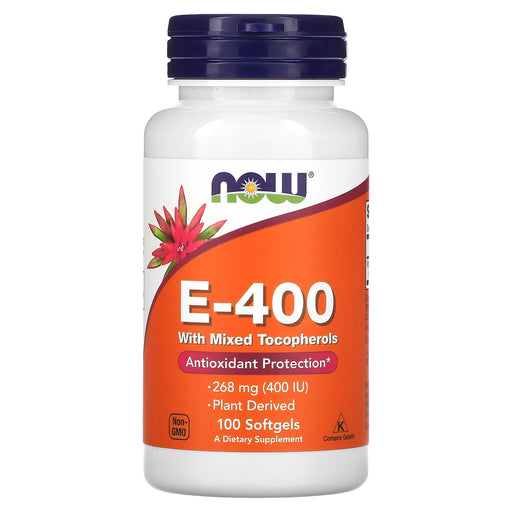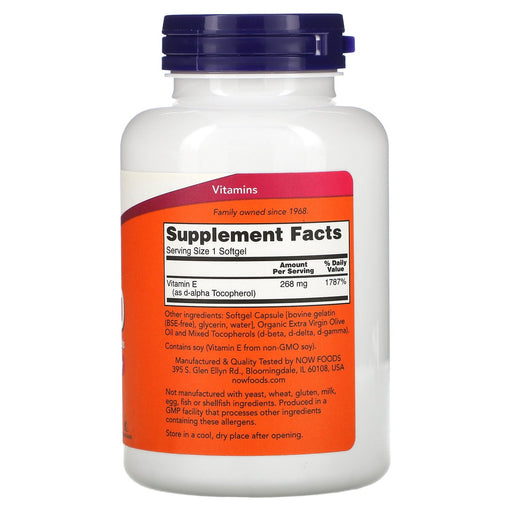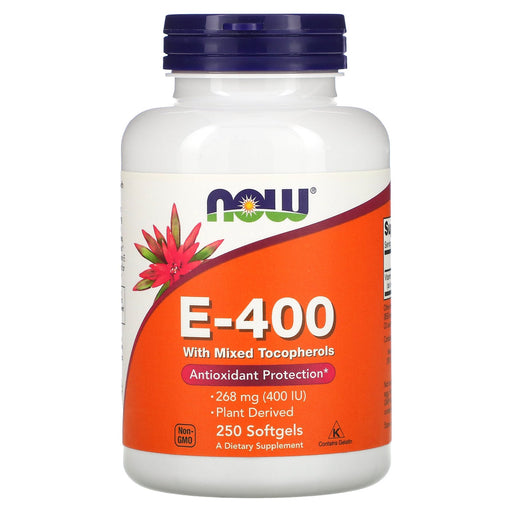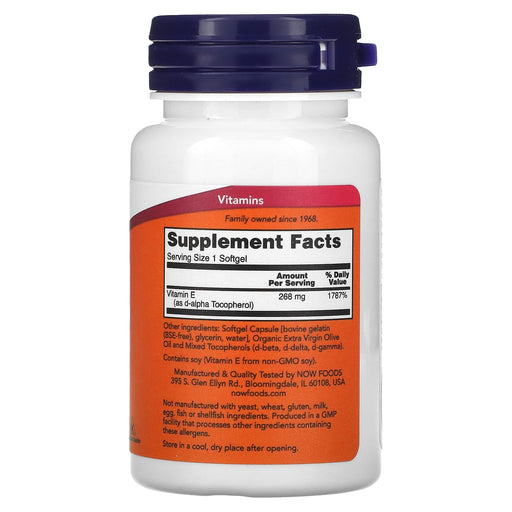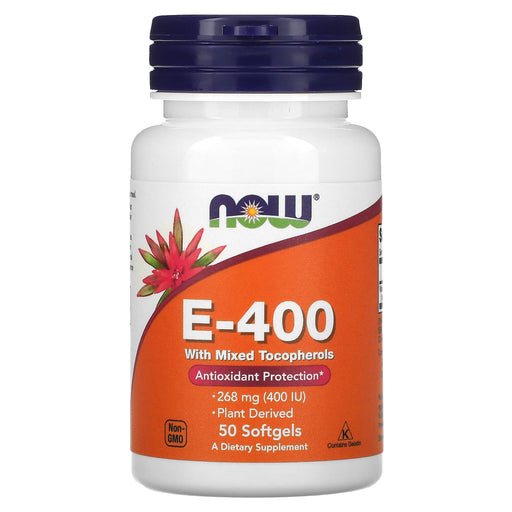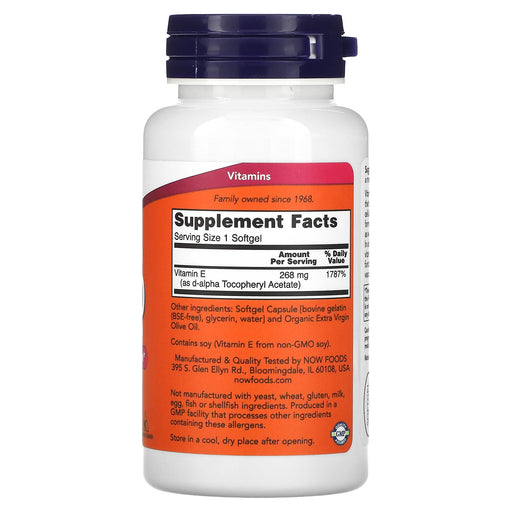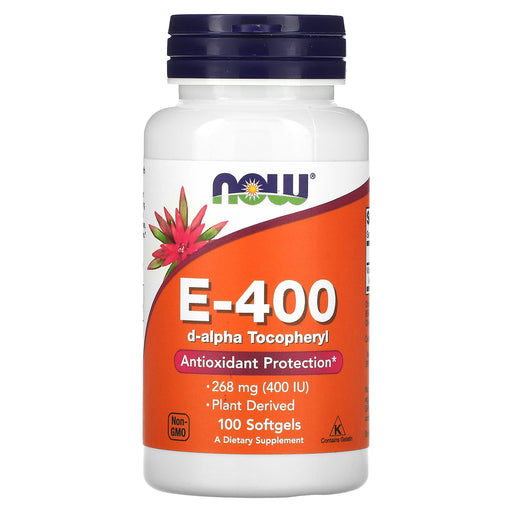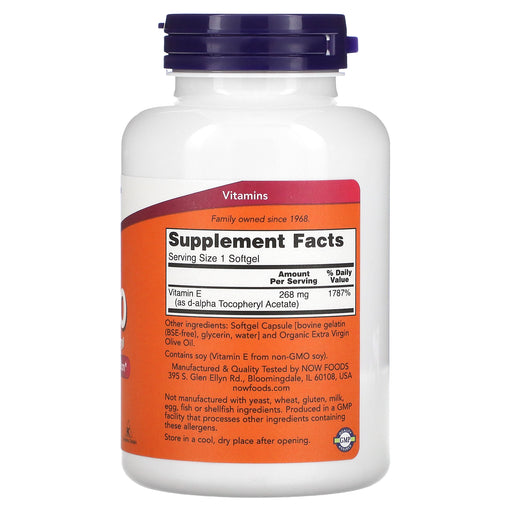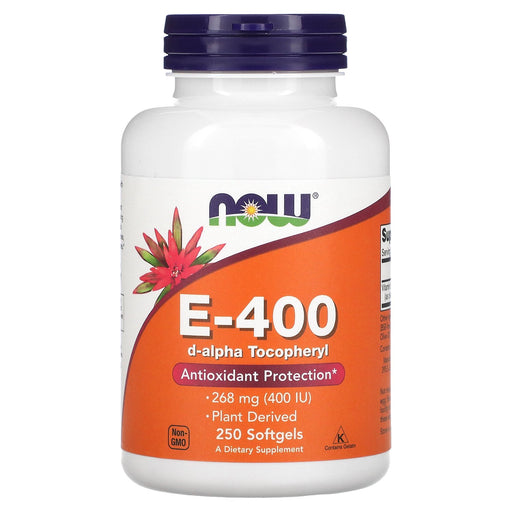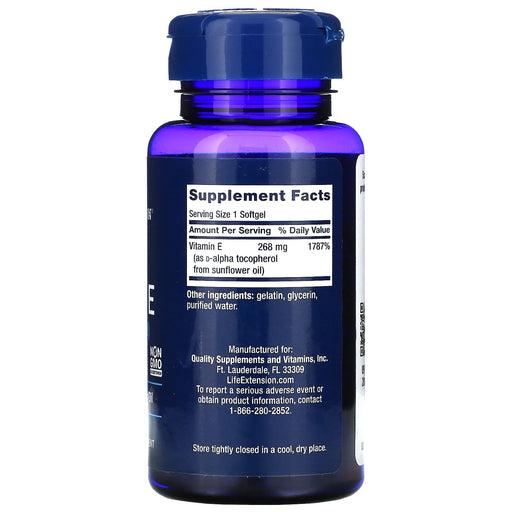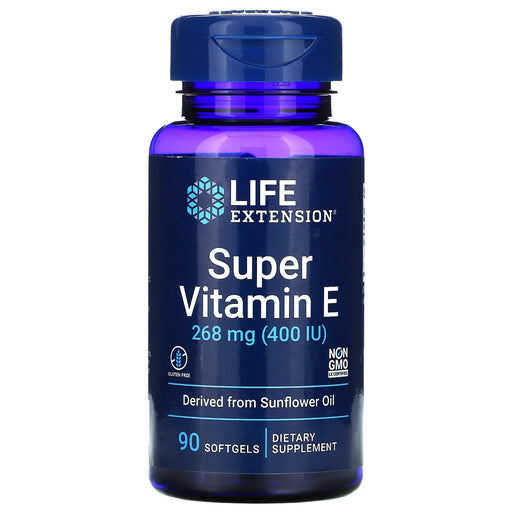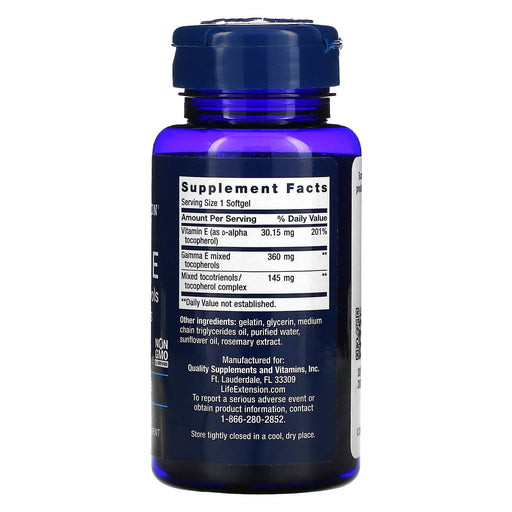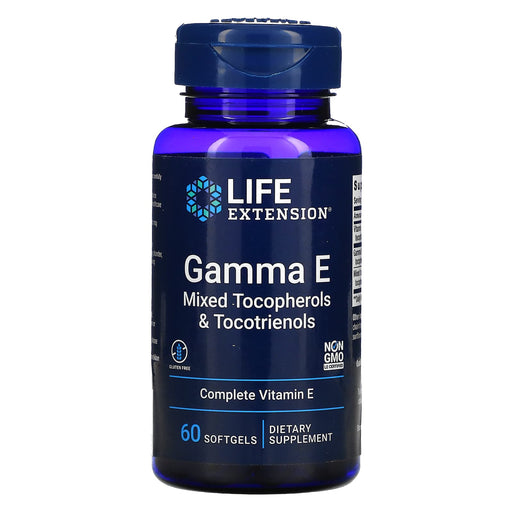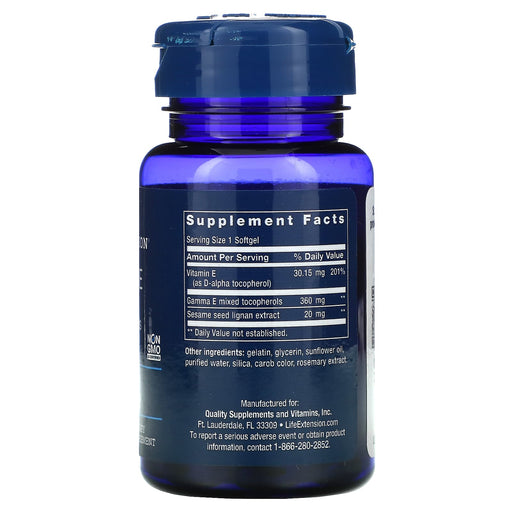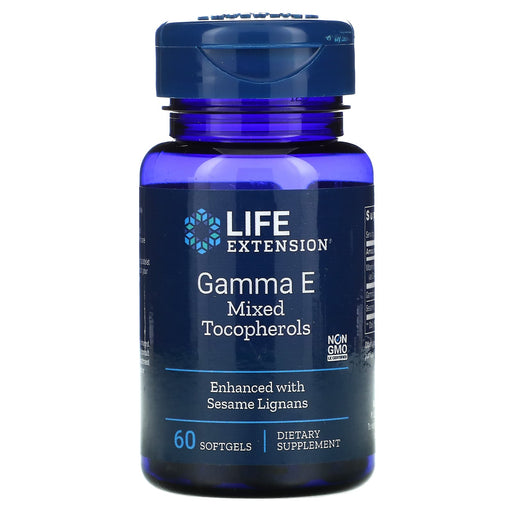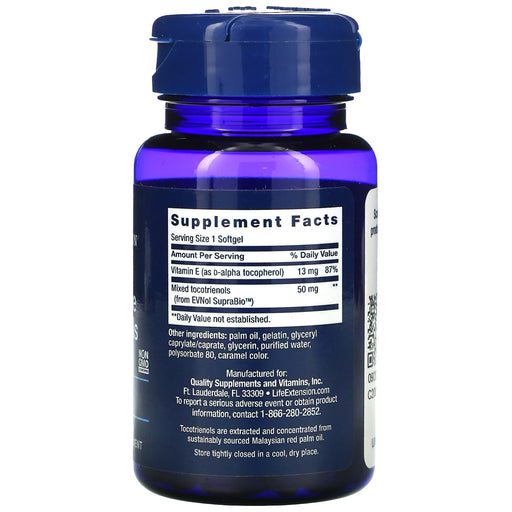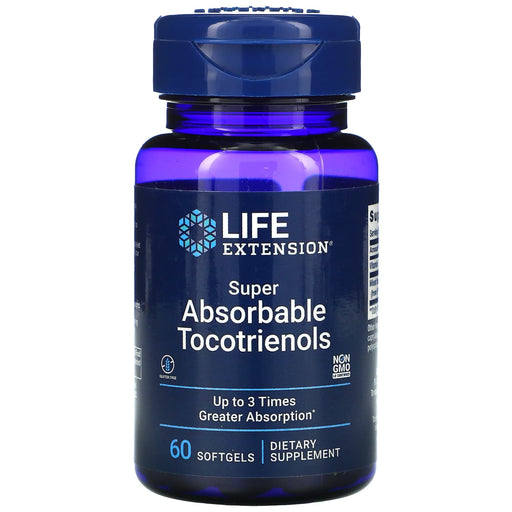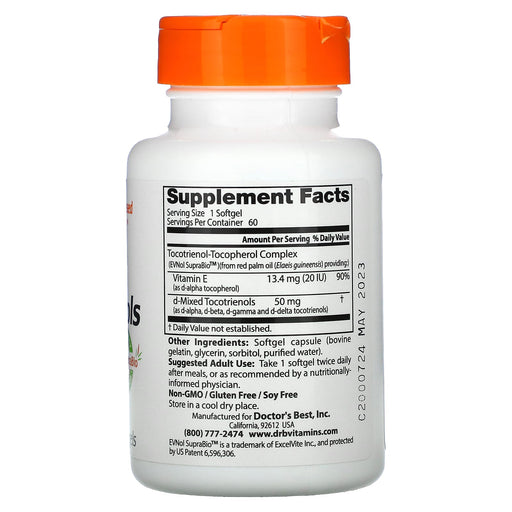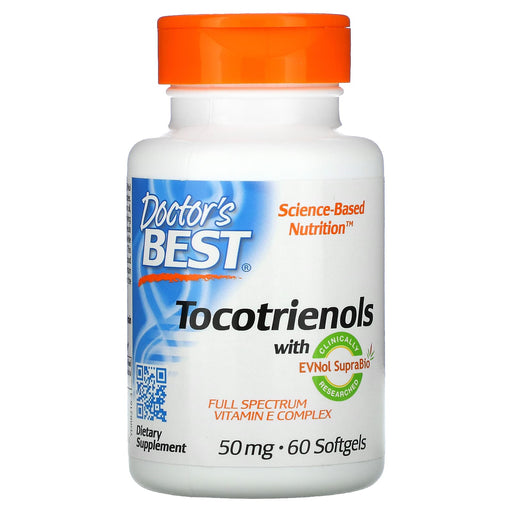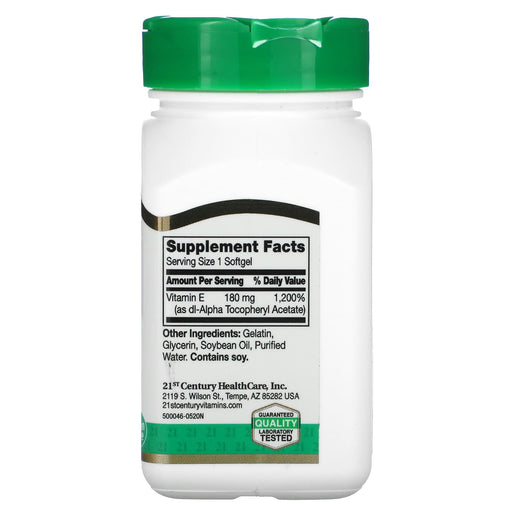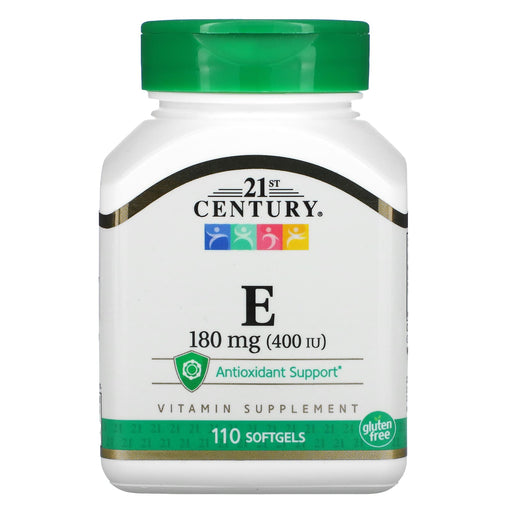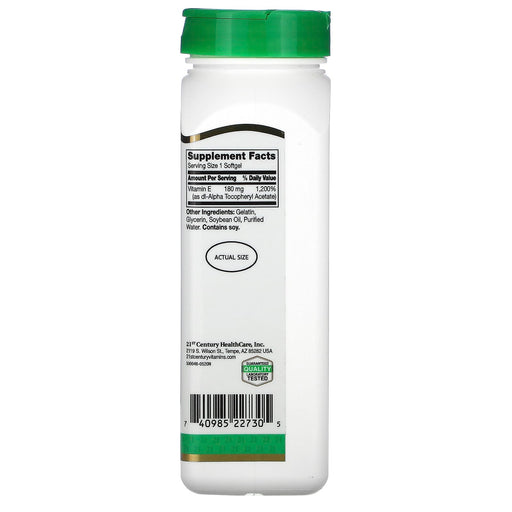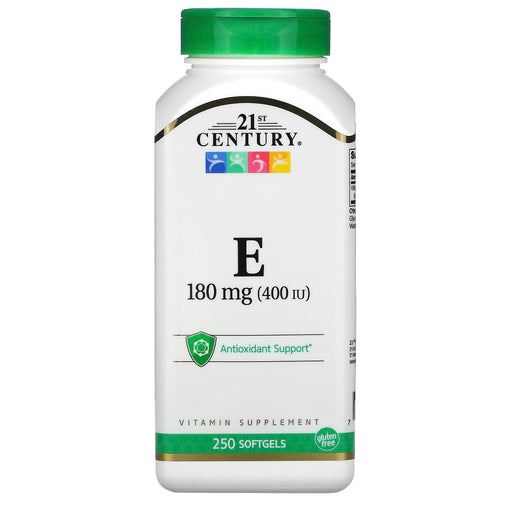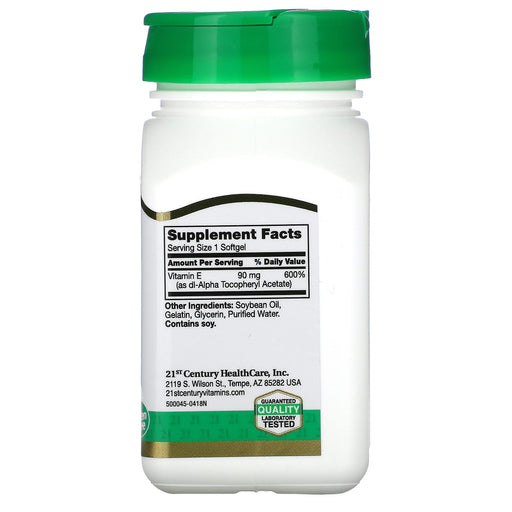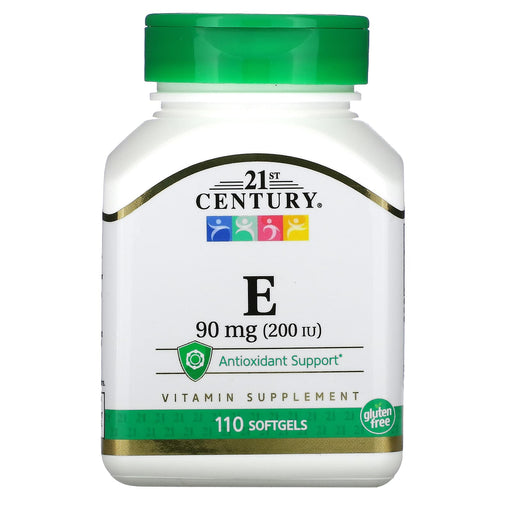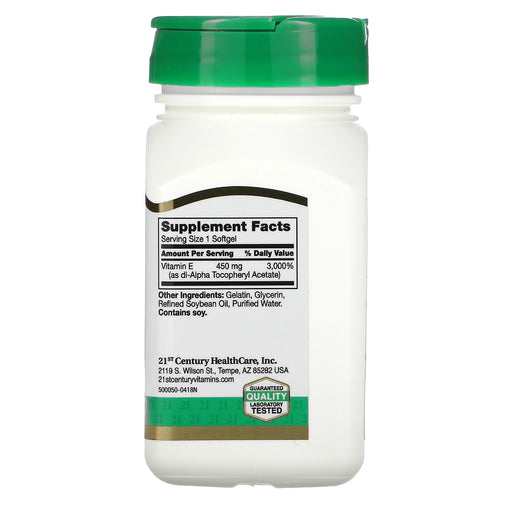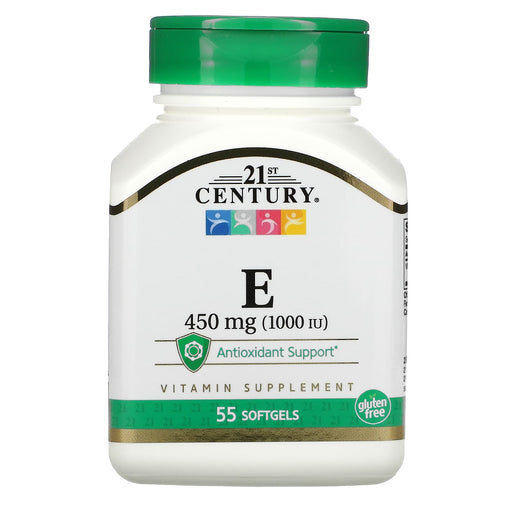The Antioxidant Powerhouse for Cellular Protection and Healthy Aging
Vitamin E is a fat-soluble vitamin and a potent antioxidant that plays a vital role in protecting cells from oxidative stress, supporting immune function, and promoting healthy skin and eyes. By ensuring an adequate intake of this essential nutrient, you can help safeguard your body against cellular damage, promote healthy aging, and optimize overall well-being.
Understanding the Benefits of Vitamin E
Vitamin E offers a wide range of health benefits, making it an essential nutrient for optimal well-being:
- Antioxidant Protection: As a powerful antioxidant, Vitamin E helps protect cells and tissues from damage caused by free radicals, which are unstable molecules that can contribute to oxidative stress and the development of chronic diseases.
- Immune System Support: Vitamin E plays a role in regulating immune function by enhancing the activity of immune cells and helping to protect them from oxidative damage.
- Skin Health: Vitamin E is essential for maintaining healthy skin by protecting it from UV damage, reducing inflammation, and promoting collagen production, which helps keep skin firm and elastic.
- Eye Health: Some studies suggest that Vitamin E may help slow the progression of age-related macular degeneration (AMD) and cataracts, two common eye disorders that can lead to vision loss.
- Cardiovascular Health: Emerging research indicates that Vitamin E may help support cardiovascular health by reducing inflammation, improving endothelial function, and protecting LDL cholesterol from oxidation.
Vitamin E and Related Nutrients
To maximize the benefits of Vitamin E supplementation, consider pairing it with related nutrients that work synergistically to support overall health and well-being, such as:
- Vitamin C: As another potent antioxidant, Vitamin C works together with Vitamin E to protect cells from oxidative stress and support healthy aging. Combining Vitamin E with Vitamin C supplements can enhance their antioxidant benefits.
- Selenium: This essential mineral works synergistically with Vitamin E to protect cells from oxidative damage and support immune function. Look for Vitamin E supplements that include Selenium for added antioxidant protection.
- Omega-3 Fatty Acids: These healthy fats, found in fish oil and other sources, have anti-inflammatory properties and may help enhance the absorption and utilization of Vitamin E. Pairing Vitamin E with Omega-3 supplements can provide a powerful combination for overall health and well-being.
Choosing High-Quality Vitamin E Supplements
When selecting a Vitamin E supplement, it's essential to choose a high-quality product from a reputable brand. Consider the following factors:
- Form of Vitamin E: Look for supplements that provide natural Vitamin E (d-alpha-tocopherol) rather than synthetic forms (dl-alpha-tocopherol), as natural Vitamin E is more bioavailable and effective in the body.
- Optimal Dosage: Choose supplements that provide an appropriate dosage of Vitamin E based on your age, sex, and health status. While the recommended daily allowance (RDA) for Vitamin E is 15 mg (22.4 IU) per day, higher doses may be beneficial for certain individuals or health conditions.
- Purity and Quality: Opt for supplements manufactured in GMP-certified facilities, free from contaminants and fillers, and third-party tested for purity and potency.
- Brand Reputation: Select supplements from trusted brands with a history of producing effective, science-backed nutritional products.
Incorporating Vitamin E Supplements into Your Health Regimen
To maximize the benefits of Vitamin E supplementation, consider the following tips:
- Pair with a Balanced Diet: While Vitamin E supplements can help ensure adequate intake, they should be used in conjunction with a balanced diet that includes Vitamin E-rich foods, such as nuts, seeds, leafy greens, and vegetable oils.
- Consider Your Individual Needs: Certain health conditions, such as liver disease or malabsorption disorders, may increase your need for Vitamin E supplementation. Consult with a healthcare professional to determine the appropriate dosage for your specific needs.
- Be Mindful of Interactions: Vitamin E supplements can interact with certain medications, such as blood thinners and chemotherapy drugs. Always inform your healthcare provider about any supplements you are taking to avoid potential interactions.
Protect Your Cells and Promote Healthy Aging with Vitamin E
Ready to experience the antioxidant power of Vitamin E for cellular protection, healthy aging, and overall well-being? Experience our collection of premium Vitamin E supplements and take the first step towards optimal health and vitality.
Our Vitamin E products are carefully formulated with high-quality, bioavailable ingredients to ensure maximum absorption and effectiveness. Whether you're looking for supplement to support immune function, maintain healthy skin and eyes, or protect your cells from oxidative stress, our supplements can help you achieve your health goals.
Invest in your health and well-being with the antioxidant powerhouse of Vitamin E. Browse our collection today and unleash the potential of this essential nutrient for your overall health and vitality.
Frequently Asked Questions about Vitamin E
1. Is it OK to take vitamin E supplement everyday?
Taking vitamin E supplements every day is generally safe when consumed in recommended doses. The recommended daily allowance (RDA) for vitamin E is 15 mg (22.4 IU) for adults. However, high doses of vitamin E (above 1,000 mg or 1,500 IU per day) may increase the risk of bleeding, especially in individuals taking blood thinners. It's essential to consult with a healthcare professional to determine the appropriate dosage based on your individual needs and health status.
2. Which vitamin E is good for?
Vitamin E is good for various aspects of health, including:
- Antioxidant protection: Helps protect cells from oxidative damage caused by free radicals
- Immune function: Supports the immune system and enhances its response to infections
- Skin health: Promotes healthy skin by reducing UV damage and inflammation
- Heart health: May help lower the risk of heart disease by reducing LDL cholesterol oxidation
- Eye health: May slow the progression of age-related macular degeneration (AMD)
- Cognitive function: May help maintain cognitive performance in older adults
3. Who should not take vitamin E?
While vitamin E supplements are generally safe, some individuals should exercise caution or avoid them:
- People taking blood thinners: High doses of vitamin E may increase the risk of bleeding
- Individuals undergoing surgery: Vitamin E supplements should be stopped at least two weeks before surgery to minimize bleeding risk
- People with vitamin K deficiency: Vitamin E may interfere with vitamin K absorption and clotting ability
- Individuals with certain health conditions: Those with retinitis pigmentosa or prostate cancer should consult a healthcare professional before taking vitamin E supplements
Always consult with a healthcare provider before starting a vitamin E supplement regimen to ensure safety and appropriateness for your individual needs.
4. What is the best vitamin E supplement?
The best vitamin E supplement may vary depending on individual preferences and needs. Some factors to consider include:
- Form: Natural (d-alpha-tocopherol) or synthetic (dl-alpha-tocopherol) vitamin E
- Dosage: Ensure the supplement provides an appropriate amount based on the RDA and personal requirements
- Quality: Look for high-quality, third-party tested supplements from reputable brands
- Additional ingredients: Some supplements may contain mixed tocopherols or tocotrienols for added benefits
Consult with a healthcare professional to determine the most suitable vitamin E supplement for your specific needs.
5. When should I take vitamin E, morning or night?
The timing of vitamin E supplementation may not significantly impact its effectiveness. However, some factors to consider include:
- With meals: Vitamin E is a fat-soluble vitamin, so taking it with a meal containing some fat can enhance absorption
- Consistency: Maintaining a consistent schedule can help ensure steady vitamin E levels in the body
- Personal preference: Some people may find it more convenient or easier to remember to take supplements at a specific time of day
Ultimately, the most important factor is to take vitamin E supplements regularly, as directed by your healthcare provider or the supplement label.
6. What are the side effects of taking vitamin E?
Vitamin E supplements are generally well-tolerated, but some people may experience side effects, especially when taking high doses. These can include:
- Digestive discomfort: Nausea, diarrhea, or abdominal cramps
- Headache or dizziness
- Fatigue or weakness
- Blurred vision
- Increased bleeding risk: High doses of vitamin E may interfere with blood clotting, especially in those taking blood thinners
- Allergic reactions: Rarely, some people may experience an allergic reaction to vitamin E supplements
If you experience any adverse effects from taking vitamin E supplements, reduce the dosage or discontinue use and consult with a healthcare professional.
7. Who needs vitamin E, and why?
While most people can obtain sufficient vitamin E through a balanced diet, some individuals may benefit from supplementation:
- Older adults: As aging can impair the body's ability to absorb and utilize vitamin E
- People with digestive disorders: Conditions like Crohn's disease or cystic fibrosis can impair fat absorption, leading to vitamin E deficiency
- Individuals following low-fat diets: Since vitamin E is a fat-soluble vitamin, low-fat diets may limit its absorption
- Premature infants: They may require vitamin E supplementation to prevent deficiency-related complications
Vitamin E supplements may also be recommended for individuals with specific health concerns, such as heart disease, cognitive decline, or age-related macular degeneration (AMD), under the guidance of a healthcare professional.
8. Should everyone take vitamin E?
Not everyone needs to take vitamin E supplements, as most people can obtain sufficient amounts through a balanced diet. Good sources of vitamin E include:
- Nuts and seeds: Almonds, sunflower seeds, hazelnuts
- Vegetable oils: Wheat germ oil, sunflower oil, safflower oil
- Leafy greens: Spinach, Swiss chard, turnip greens
- Fortified cereals and juices
However, individuals with certain health conditions, dietary restrictions, or increased vitamin E requirements may benefit from supplementation under the guidance of a healthcare professional. It's essential to assess individual needs and consult with a qualified healthcare provider before starting any supplement regimen.


